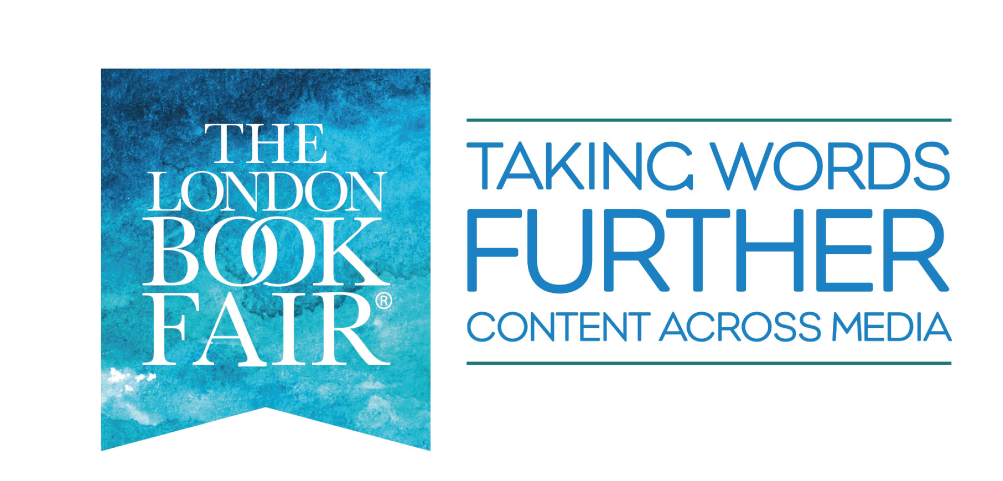
Money, Money, Money!
Alice Donovan and Esther Jones report from the London Book Fair, held at Olympia in Kensington earlier this month.
The first day of this year’s London Book Fair featured talks about money; specifically how authors can ensure they earn a fair living, along with top tips on how they can make more from their work.
How to Make a Living from Writing
One of the first panel discussions of the day featured Nicola Solomon, CEO of the Society of Authors, author Philip Womack, and author and illustrator Woodrow Phoenix, giving their advice on how to make a living from writing.
As more and more writers settle into ‘portfolio careers’, the panellists discussed how it is often crucial and/or necessary to draw income from a number of different sources. Among areas to consider they suggested:
- Teaching and lecturing.
- Newspapers and magazines.
- Festivals and performance.
- Writer-in-residence posts.
Philip and Woodrow gave brief insights into their own various streams of income and then discussed their top money-making tips. Philip is a writer-in-residence, has three teaching jobs, does 20 hours of private tutoring a week, visits around 30 schools a year, and writes four or five articles a month for different newspapers – mostly book reviews and features. Meanwhile Woodrow teaches on an MA, guest lectures, and does design work for other companies – including book designs and illustrations.
On the subject of events, the panellists agreed that when weighing up offers to speak at an event or school, the three Ps should be implemented:
- Profit – how useful will it be for you in terms of sales? Will you make enough money from the event to balance out any expenses you’ve had to pay out?
- Profile – if you’ve been told you’ll gain exposure from attending, make sure someone from the local paper will be there, or that the organisation is running a social media campaign for the event.
- Pleasure – make sure it’s going to be a talk you enjoy giving!
Philip and Woodrow both said they knew of authors who’d often been paid less money for their talks than they should have been, because they routinely undersold themselves to event organisers. Don’t short-change yourself, was the message to writers: ask for what you think you’re worth because you might just get it.
Nicola then suggested six phrases guaranteed to boost your income:
- What is the fee?
- Sorry, I can’t work for free.
- Is that your best offer?
- What about my out-of-pocket expenses?
- I need compensation for my travel time or my preparation time.
- My rate for this activity is £xxx.
Both author panellists also vouched for such phrases, reiterating that if you don’t ask for something, you won’t get it, although Philip warned that he knew of a children’s writer who had overpriced herself out of an event. He advised writers to check with fellow authors about their own rates in order to remain competitive.
Grants were cited as another major source help for authors who might need to supplement their incomes while writing. Nicola recommended applying for grants from the Author’s Foundation, which give up to £6,000 to authors twice a year, as well as looking into grants from the Arts Council. She also suggested researching grants from development agencies, which offer money to writers who have a business or creative plan for their work. She then advised all writers to sign up to ALCS and Public Lending Right (PLR) to ensure they receive money for secondary uses of their work and for library lending.
Finally, Nicola asked Philip and Woodrow for their top tips. Philip suggested that writers should “always organize the money first. Don’t settle for working out the money later; make sure you have that conversation before the work is done”. Woodrow told writers to “watch out for the tax payment on account that you have to pay as a freelancer in July”.
To conclude the seminar, Nicola quoted Philip Pullman: “You don’t have to be ashamed to be in this job for money. One principle remains unchanged, an author should be paid fully for their work. Any arrangement that doesn’t acknowledge that is a bad one and needs to be changed”.
Increasing Transparency: How to Create a Fairer Industry
The panel for this event comprised Kika Sroka-Miller of Zed Books, a traditional publishing house; Dan Kieran from Unbound, a crowdfunding publishing house; Scott Winner of Ingenta; Tim Gallagher of the Society of Authors; Philip Jones, editor of The Bookseller; and singer/songwriter, Awsa Bergstrom.
The discussion centred around a quote from ALCS’s report, Authors’ Earnings 2018: a survey of UK writers – which found that the median income of writers is now only £10,500 – and echoed the feelings of the earlier panel; that more transparency is needed both across the industry and amongst writers in order to help achieve fairer earnings.
The principle agreed on by all the panellists was that authors need a clearer breakdown of where their work is being sold so they can communicate effectively with their audiences. Even with so many different perspectives from the industry, it was universally acknowledged that by nurturing the publishing eco-system, authors will in turn be able to reap the benefits.
Fair remuneration for authors is at the heart of everything we stand for at ALCS. In ALCS News we aim to highlight the importance of authors’ earnings and the different streams of income authors can exploit. Check out our recurring segment My Writing Living, for more insight into how different writers earn their living.
My Writing Living: Oliver Emanuel
